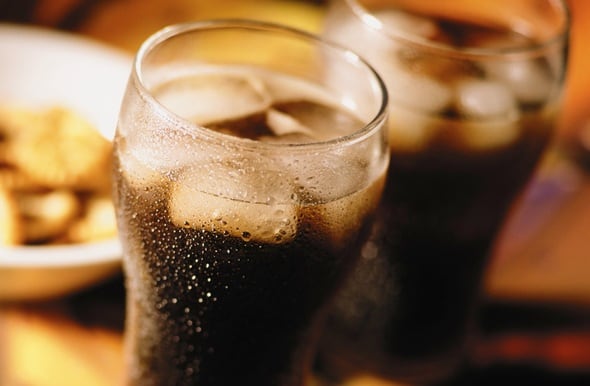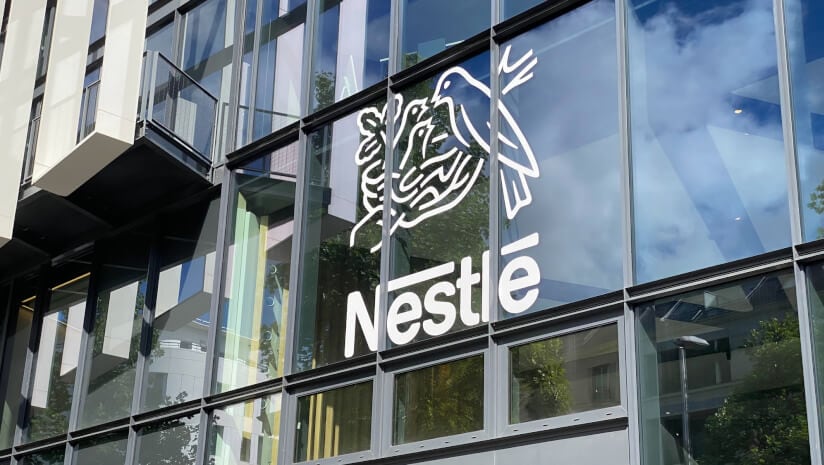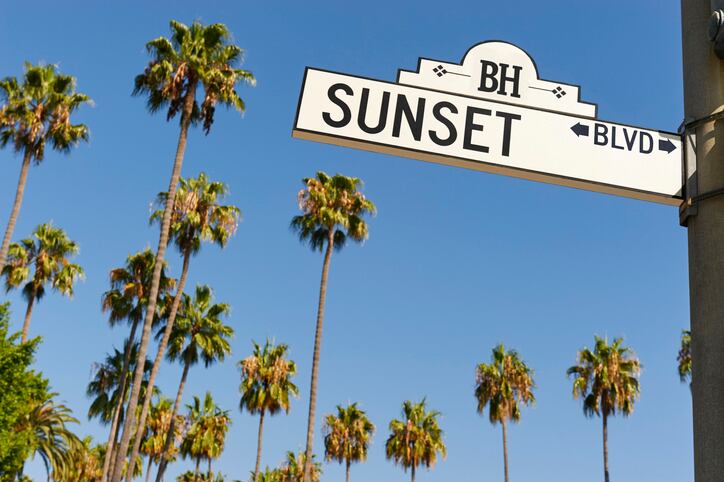The bottler, which has a diverse footprint across Europe, Nigeria and Egypt, will become the dominant Coca-Cola force in Africa: once the acquisition closes, it will represent two-thirds of Africa’s total Coca-Cola system volume and more than 50% of the continent’s population.
These offer ‘increased exposure to high growth markets’: with growing populations and economies (more than 60% of the population in Coca-Cola Beverages Africa are aged under 30).
The acquisition
Coca-Cola HBC will acquire a 75% shareholding in Coca-Cola Beverages Africa Pty Ltd from The Coca-Cola Company and Gutsche Family Investments Pty Ltd for a combined purchase price of $2.6bn: implying an equity value for 100% of CCBA of $3.4bn.
Coca-Cola HBC and TCCC have agreed to enter into an option agreement enabling Coca-Cola HBC to purchase the remaining 25% equity interest in CCBA still owned by TCCC following completion.
Headquartered in Zug, Switzerland, Coca-Cola HBC already has a diverse geographical footprint across diverse markets.
These are grouped as follows: established markets (Austria, Cyprus, Greece, Italy, Northern Ireland, Ireland and Switzerland); developing markets (Croatia, the Czech Republic, Estonia, Hungary, Latvia, Lithuania, Poland, Slovakia and Slovenia) and emerging markets (Armenia, Belarus, Bosnia & Herzegovina, Bulgaria, Egypt, Moldova, Montenegro, Nigeria, North Macedonia, Romania, the Russian Federation, Serbia (including the Republic of Kosovo) and Ukraine.
The bottler, which already has a business in Nigeria (since 1951) and Egypt (since 2022), will now gain 14 African markets. Its long-term presence in Nigeria and successful integration of Egypt set it up with a ‘proven track record’ of operating in Africa.
“This acquisition presents a highly strategic rationale which, at its core, is about growth,” Zoran Bogdanovic, chief executive officer of Coca-Cola HBC, told investors on a call this morning.
“Africa represents a key growth opportunity for our business.
“We have a long and successful track record of investment and growth in both Nigeria and Egypt. This will materially enhance our presence in Africa by bringing together two leading bottlers on the continent.”
Although the African market has a lot of regional variations between countries, many consumers are increasingly interested in health and wellness while looking for affordable options. Factors like taste and convenience also play a key role in their choices.
Investments in the continent have been steadily growing over the past decade.
CCBA’s biggest market (making up some 60% of volumes) is South Africa: one of the most important markets on the African continent.
Other large markets include Uganda, Kenya, Ethiopia and Mozambique.
It serves more than 800,000 customer outlets, covering a total population of more than 450 million.
Like Coca-Cola HBC, Coca-Cola Beverages Africa is split between more developed markets (such as South Africa) and emerging markets with high potential (such as Ethiopia).
The portfolio is made out of a combination of more than 40 global and local brands. Sparkling soft drinks make up the vast majority of the portfolio (81%) but also water, energy and other drinks.
Coca-Cola's key Africa brands
Global brands in CCBA's portfolio includes Coca-Cola, Fanta, Monster, Sprite, Powerade and more.
Local brands include Valpre, Twist, Aqua Savana, Twenzori and Sparletta.
The acquisition is expected to be completed by the end of 2026, subject to approvals.
Bottling landscape
Coca-Cola HBC becomes the world’s second largest Coca-Cola bottler, coming in after Coca-Cola Europacific Partners.
In 2020, Coca-Cola European Partners acquired Coca-Cola Amatil, a bottler covering Australia, New Zealand and Pacific markets, becoming Coca-Cola Europacific Partners.
This business covers some 600 million consumers across 31 European and Australasian markets: with around €20.7bn ($24.8bn) in annual revenue.
The combined business of Coca-Cola HBC and Coca-Cola Beverages Africa will span across Europe and Africa, with around €14.1bn ($16.4bn) in annual revenues.
Coca-Cola HBC Q3: Strong quarterly and year-to-date revenue growth
Announcing its Q3 results this morning, Coca-Cola HBC reports:
Organic revenue growth of 5%; bringing year-to-date organic revenue growth to 8.1%
Organic volume growth of 1.1%, with growth led by sparkling and energy
Particularly strong growth in its emerging markets segment: where organic revenues were up 7.9% with revenue per case expansion and volume growth of 2% led by strength in Nigeria and Egypt



